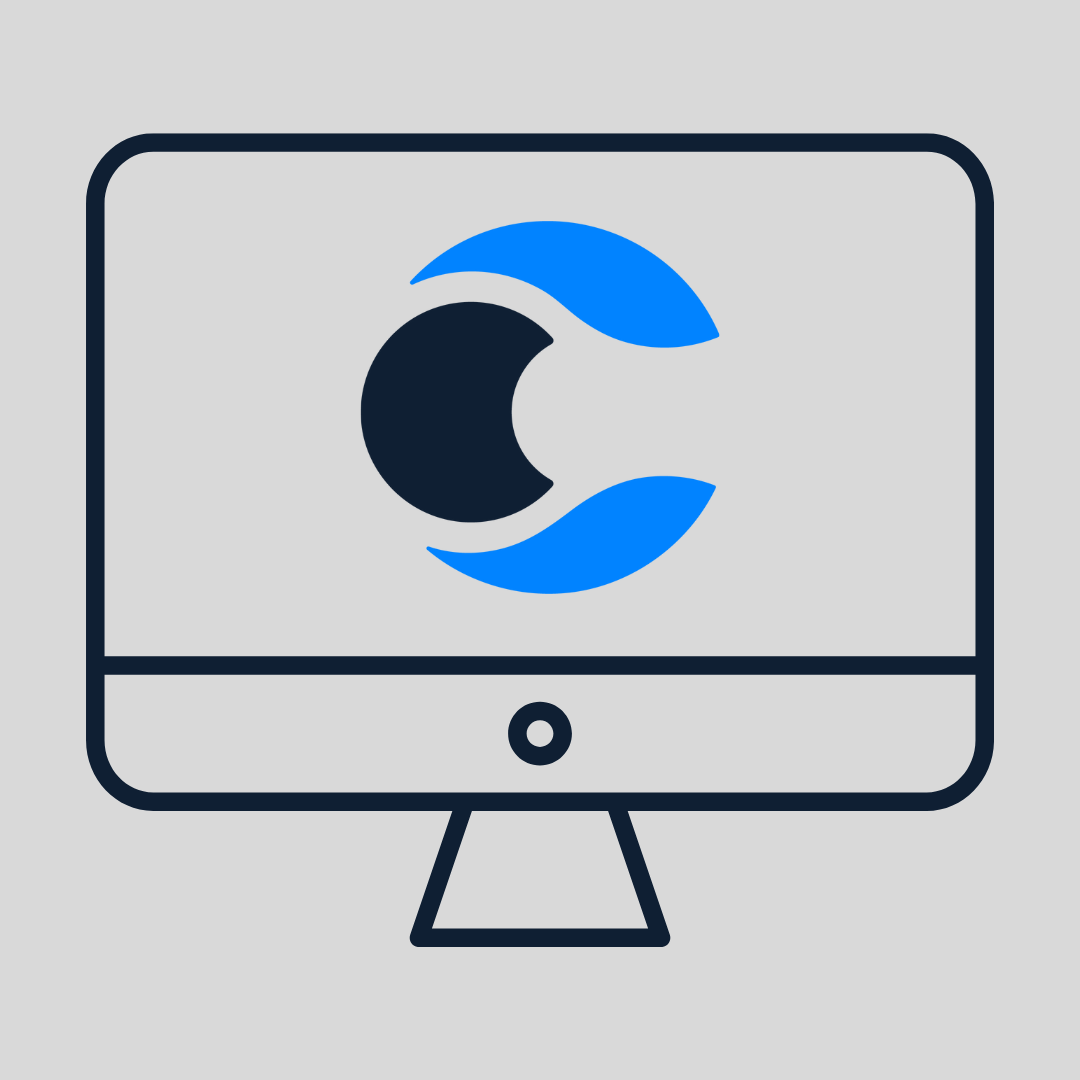Have you ever experienced sticker shock while shopping for legal case or practice management software? Have you ever opted for lower-cost software to run your firm, because you just couldn't stomach the expensive option? Maybe you have even tried to cobble together solutions to stay under free trial limits?
Whether you have purchased and implemented many systems, or you are just starting out, you've probably wondered, "How much should I pay for legal case management software?"
While cost is a factor, it's easy to over-index on cost while undervaluing the hard-to-quantify opportunities the software may unlock for your firm. In this article, we discuss common software pricing models and then suggest a framework for determining how much you should pay for software.
Legal Case Management Platform Pricing Models
Over the past decade, there has been a significant shift in how case management systems price their offerings. The traditional upfront purchase model has given way to cloud-based software and software-as-a-service (SaaS) subscriptions. The prevailing approach now involves a per-user fee, often with the option to pay monthly or annually with a discount.
While per user pricing remains the norm, other pricing structures exist. Notably, there are systems adopting a per matter model among the plaintiff-focused platforms that attempt to mirror the contingency fee structure of their law firm customers. Additionally, unique offers like lifetime subscriptions add an intriguing dimension to pricing strategies. These are interesting, but they remain outside the per-user mainstream.
Now that we've discussed the pricing landscape, let's look at how to think about software cost.
Understanding the True Cost
Many lawyers and law firms focus excessively on the cost of software, likely because it's easy to quantify. This can lead to lost opportunities. In general, we see software pricing ranging from about $30 to $150 per user per month, so the difference between the cheapest and the most expensive options is $120 per user per month or $1,440 per year. Said another way, an employee that costs $100,000 is now 1.4% more expensive. This is the maximum increase in the monthly check you are writing if you select the most expensive software as opposed to the least expensive.
That's the cost, what about the benefits?
So What's The Upside?
Let's say you are considering purchasing a legal case management platform with a no-code automation tool that helps automate workflows and tasks, such as sending an engagement agreement after an initial consult converts to a matter. How much time does this take today? How many conversions do you have in a given month? The time saved and increased productivity can easily justify paying more for this feature compared to a lower cost alternative that doesn't have it. But with so many different features and so many different places you could get value, how do you know where to start?
How Much to Pay?
Legal case management software can help you improve six different areas of your firm:
- Client experience
- Internal communication
- Client communication
- Prospective client communication (i.e. marketing)
- Reporting
- Automation
You may be looking to improve in all six areas, or you may be looking to improve in only one. We recommend picking the biggest area of opportunity in any of the relevant categories above. Then determine the value to your firm of realizing each of these opportunities. See if you can get to actual dollars as opposed to time or any other metric.
By the end of this exercise, you'll have between one and six areas of value with dollars assigned to them. If the total value is greater than $1,440 per year, then take cost off the table and find the system that is best suited to unlock the areas of value you have identified. If the total value you could realize per team member is less than $1,440, then cost matters and you can bring it into the equation, balancing increased cost with the value you will realize from the areas of opportunity.
A Note on Software Cost for Growing Firms
A crucial data point for law firms when it comes to software cost is firm growth rate (or desired growth rate). For firms in a growth phase, the value derived from advanced features tends to be much greater. A look back at the six areas of value listed above will make it clear why. The more new clients you are bringing in for example, the more strain is placed on client communication resources. The more a firm is changing, the more important it is to have good reporting. These firms will also need to anticipate the problems and opportunities they will see in the future and incorporate those into the value analysis in the previous section.
In contrast, firms that are not growing and are content with their current client base, revenue etc. will be able to pull less value from their software and may benefit more from optimizing for cost.
Conclusion
The world of legal case management software is competitive, and it is hard to find examples of systems with pricing too far on the economic fringes. As a result, in most cases, it makes more sense to do your homework, identify the areas of value you are looking to realize and choose a system based on how likely it is to help you realize that value. Cost is easy to quantify, but it's more likely to be a distraction than an important factor in decision making.
If you're curious about where to start looking for new case or practice management software, head to confidolegal.com/lcm where we have several resources to help you pick the software that's right for your firm.


